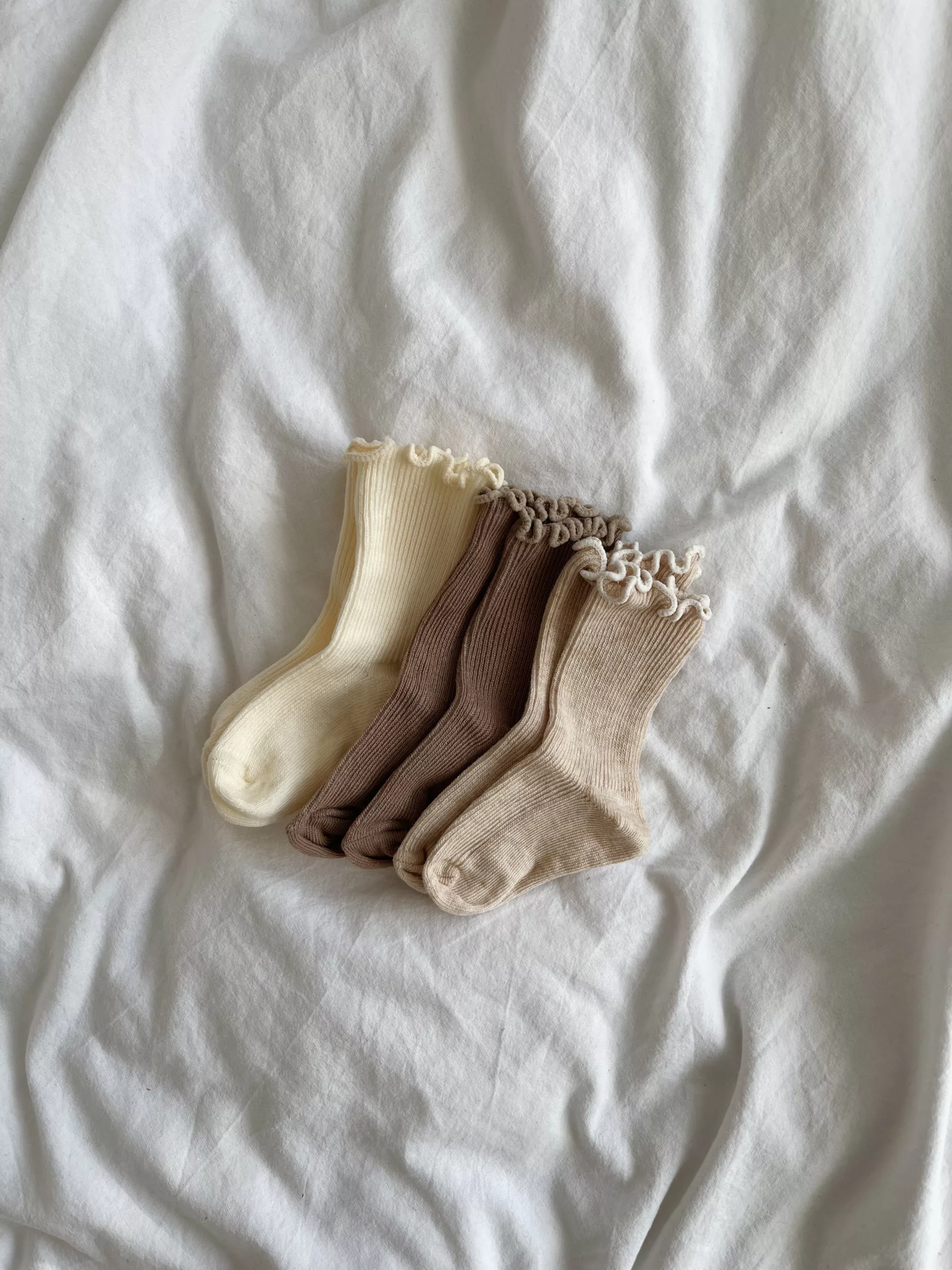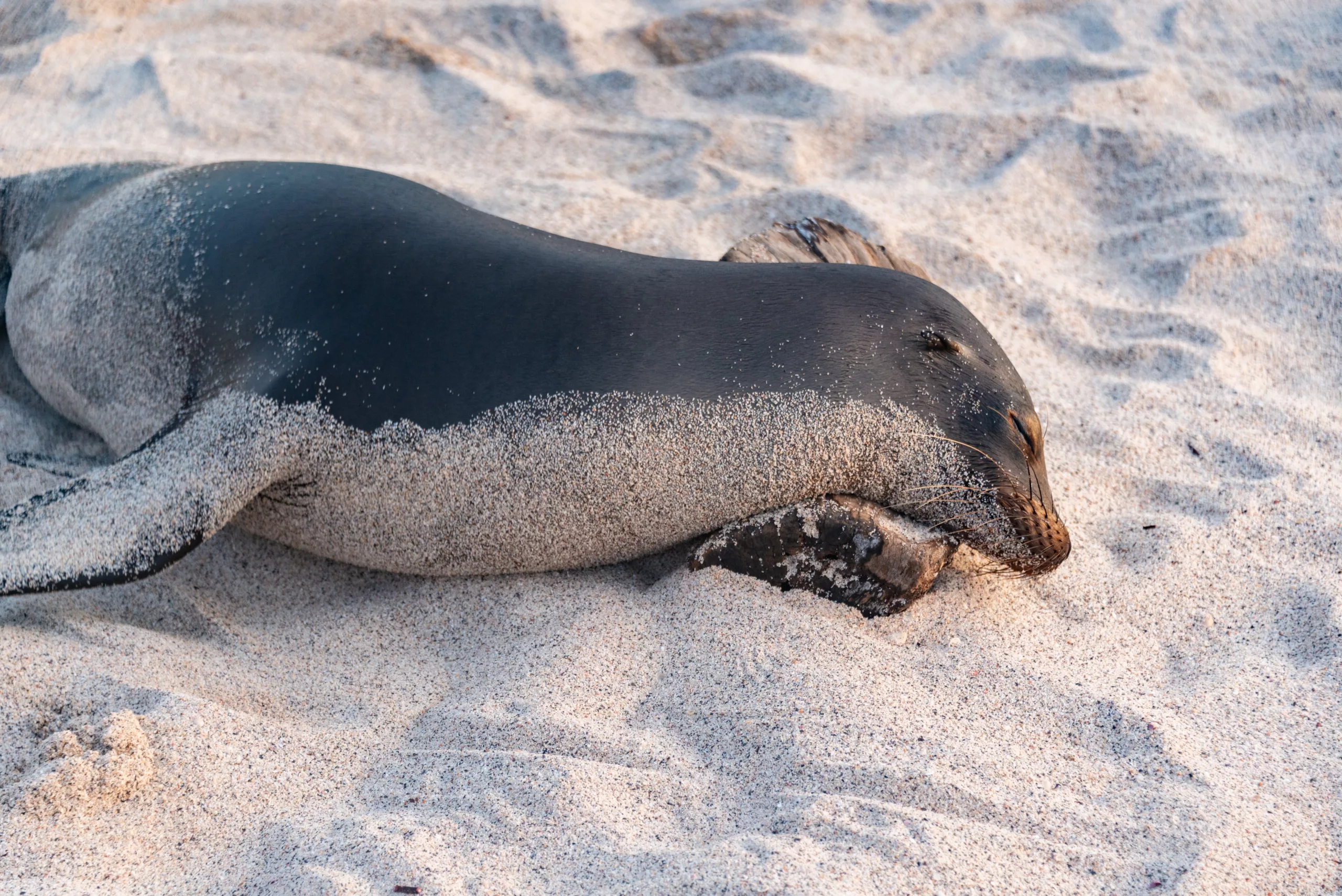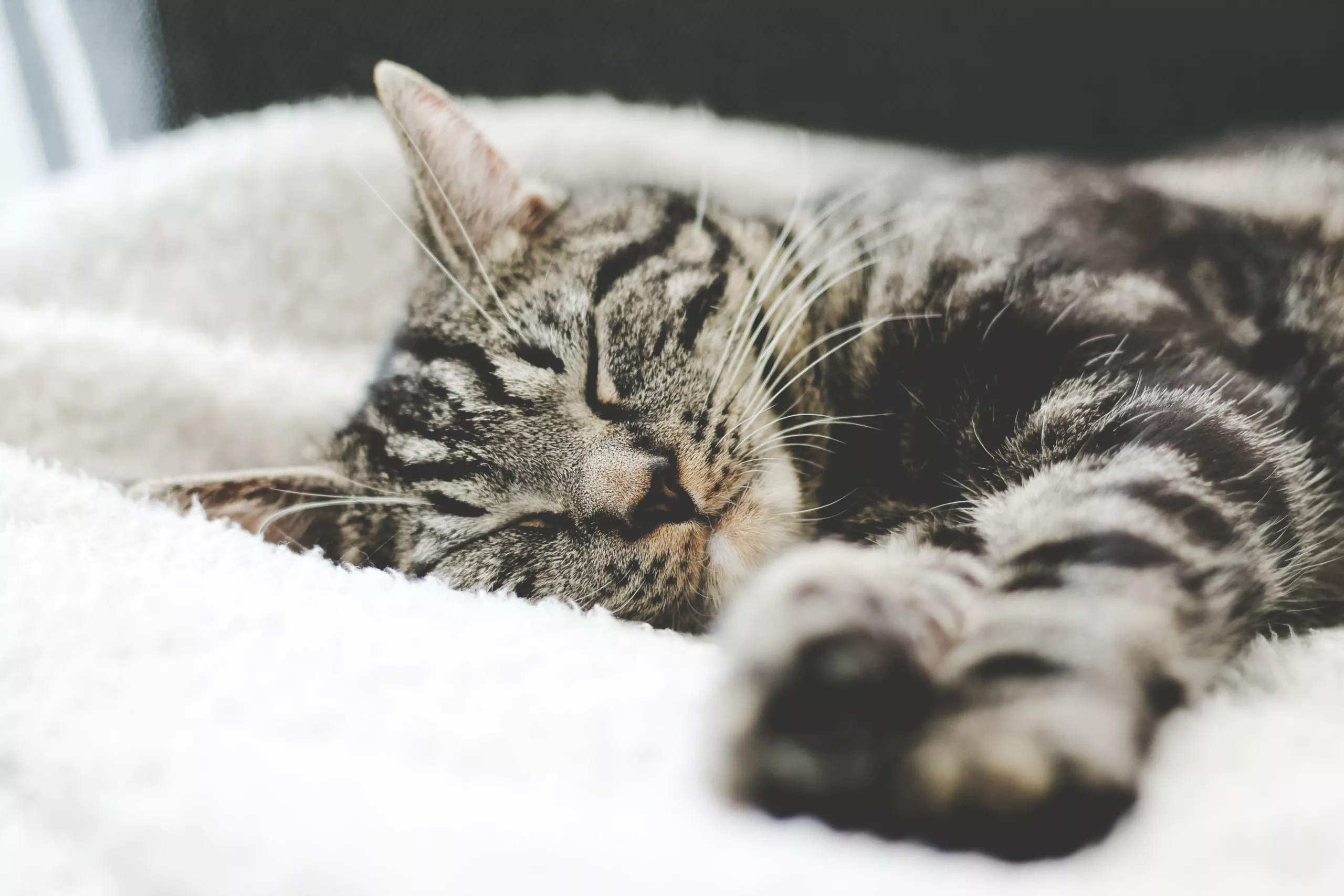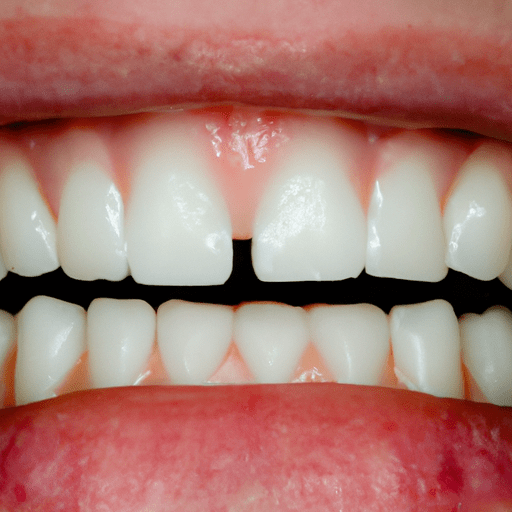sleep apnea is a common sleep disorder that affects millions of people worldwide, but did you know that it could potentially be linked to seizures? Yes, you heard it right! Recent research has suggested a potential connection between sleep apnea and seizures, shedding light on an unexpected relationship between the two. If you or someone you know is affected by sleep apnea or experiences seizures, this article will explore the fascinating link between these two conditions, providing valuable insights and information that may help shed light on this intriguing medical phenomenon. So, let’s dive in and uncover the connection between sleep apnea and seizures together!
Sleep Apnea and Seizures
Understanding Sleep Apnea
Sleep apnea is a sleep disorder characterized by pauses in breathing or shallow breaths during sleep. These interruptions in breathing can occur multiple times throughout the night, leading to fragmented sleep and a decrease in oxygen levels in the body. Common symptoms of sleep apnea include loud snoring, daytime sleepiness, morning headaches, and difficulty concentrating. Sleep apnea can have various causes, such as obstruction of the airway or a failure of the brain to properly signal the muscles to breathe.
Understanding Seizures
Seizures, on the other hand, are sudden and uncontrolled electrical disturbances in the brain that can cause changes in behavior, movements, or consciousness. They can manifest in various forms, ranging from a subtle muscle twitch to a full-body convulsion. Seizures can be a symptom of an underlying medical condition, such as epilepsy, or they can be triggered by factors such as stress, sleep deprivation, or certain medications.

The Prevalence of Sleep Apnea
Sleep apnea is a relatively common sleep disorder, affecting millions of individuals worldwide. It is estimated that around 25% of adults between the ages of 30 and 70 have sleep apnea to some degree. However, many cases of sleep apnea go undiagnosed and untreated, making the actual prevalence potentially higher. Sleep apnea can occur in people of all ages, although it is more commonly seen in older individuals and those who are overweight.
The Link Between Sleep Apnea and Seizures
Recent studies have suggested a potential link between sleep apnea and seizures. While the exact mechanisms underlying this relationship are not yet fully understood, researchers have found that individuals with sleep apnea are at a higher risk of experiencing seizures compared to those without the sleep disorder. The connection between sleep apnea and seizures may be attributed to various factors, including changes in oxygen levels, disruptions in the normal sleep architecture, and the impact of sleep apnea on overall brain function.

Risk Factors for Seizures in Sleep Apnea Patients
Several risk factors may contribute to an increased likelihood of seizures in individuals with sleep apnea. These include the severity and frequency of apnea episodes, the presence of other comorbidities such as obesity, cardiovascular disease, or diabetes, and the presence of other sleep-related disorders such as restless leg syndrome or insomnia. It is important to note that not all individuals with sleep apnea will develop seizures, and the risk varies from person to person.
Possible Mechanisms for Sleep Apnea-Induced Seizures
Researchers have proposed several possible mechanisms to explain how sleep apnea may lead to seizures. One hypothesis is that the intermittent drops in oxygen levels during apnea episodes can trigger abnormal electrical activity in the brain, leading to a seizure. Additionally, the repeated arousals from sleep that occur in sleep apnea can disrupt the normal balance of neurotransmitters in the brain, potentially increasing the excitability of neurons and making seizures more likely. Further research is needed to fully understand the complex interplay between sleep apnea and seizures.

Effects of Sleep Apnea on Seizure Control
For individuals with pre-existing epilepsy or other seizure disorders, sleep apnea can have a significant impact on seizure control. The fragmented sleep and oxygen desaturations associated with sleep apnea can lower the seizure threshold, making seizures more frequent or harder to control with medication. Therefore, optimizing the management of sleep apnea in these individuals is crucial in achieving better seizure control and overall improvement in quality of life.
The Impact of Seizures on Sleep Quality
On the other hand, seizures themselves can also profoundly impact sleep quality. Seizures that occur during sleep can disrupt the normal sleep architecture, leading to frequent awakenings and daytime sleepiness. Furthermore, individuals with epilepsy may experience nocturnal seizures, which can be more difficult to detect and may go unnoticed, further compromising their sleep quality. It is essential for healthcare providers to take into consideration the bidirectional relationship between sleep and seizures when managing individuals with epilepsy and sleep apnea.
Diagnosing and Treating Sleep Apnea and Seizures
If you suspect you have sleep apnea or are experiencing seizures, it is crucial to seek medical evaluation and diagnosis from a healthcare professional. Diagnosis may involve a combination of clinical evaluation, sleep studies, and neurological assessments to determine the presence and severity of sleep apnea and seizures. Treatment options for sleep apnea may include lifestyle modifications, continuous positive airway pressure (CPAP) therapy, or surgical interventions, depending on the underlying cause and individual needs. Seizure management may involve antiepileptic medications, lifestyle modifications, and, in some cases, surgical interventions.
Conclusion
Sleep apnea and seizures are complex conditions that can significantly impact an individual’s quality of life. While the link between sleep apnea and seizures is still being explored, research suggests that sleep apnea may increase the risk of seizures and worsen seizure control in individuals with epilepsy. It is important for healthcare providers to carefully evaluate and manage both sleep apnea and seizures in order to achieve optimal outcomes and improve overall well-being for individuals affected by these conditions. If you suspect that you or someone you know may have sleep apnea or seizures, reach out to a healthcare professional for guidance and appropriate management.







